Arvind Kejriwal Inaugurates 15-TPD Waste-to-energy Plant at Ghazipur Mandi
Tue 27 Oct 2020, 17:25:46
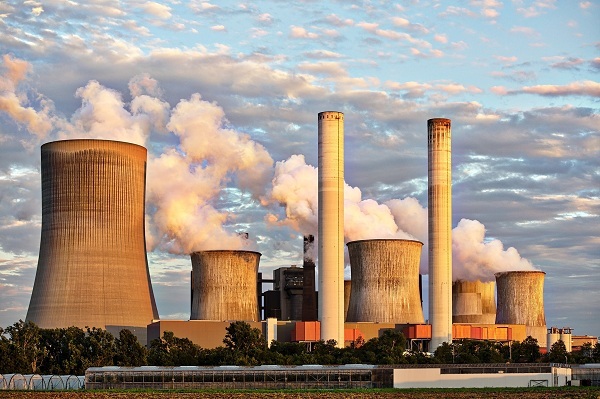
Delhi Chief Minister Arvind Kejriwal inaugurated a 15 TPD waste to power plant with H2S removal based on Nisagurna technology by BARC in the city's fish and poultry market, Gazipur. The plant has the capacity to convert 15 tonnes of organic waste into 1,500 units of power each day.
“This is a small plant. 15-tonne waste is not much and neither is 1,500 unit of electricity that will be generated daily. However, Delhi needs hundreds of such small plants. On the one hand, there are some big plants that covert waste to energy, which is a good thing and on the other hand many small plants will be established in Delhi. Then, we can reach a situation when Delhi's entire waste matter — whether it is generated in mandis, houses, shops or factories need not reach the mountains of waste,” Kejriwal said, referring to a familiar eyesore in the capital — the three landfill sits which are a testimony to the capital's waste woes.
Ironically, the one at Gazipur is located right across the fish and poultry market and could be visible from the location of the new waste to power plant. Kejriwal asserted that every speck of waste should be converted into manure, electricity or be used in brick kilns that must be recycled and only then Delhi will progress. “Aadopting renewable sources of energy is the key to reducing pollution in the city”, Kejriwal had posted programme’s broadcast from his official Twitter handle.
Delhi Deputy Chief Minister Manish Sisodia , who was likewise present on the event, played a burrow at the part of the MCDs. "It is the
duty of the MCDs to clean, arrange and oversee squander. In any case, visit any path of Delhi, the situation there will disclose to you whether the MCDs have succeeded or fizzled. I don't need to reveal to you anything".
duty of the MCDs to clean, arrange and oversee squander. In any case, visit any path of Delhi, the situation there will disclose to you whether the MCDs have succeeded or fizzled. I don't need to reveal to you anything".
Sisodia underlined that it was MCD's duty to deal with the waste produced in the mandis but since it had neglected to do as such, the Delhi government needed to step in. He trusted that such water to control plants will be set up in all the mandis of Delhi, making every one of them 'zero-squander' mandis.
"You know, there is a pile of waste only nearby this spot. A long time passed yet the MCD couldn't make a mark. Numerous plans were made, numerous declarations were made but then there is a pile of waste in Bhalsawa. Nonetheless, the Delhi Government has moved away from claims and counter charges and introduced another model. We will change over the loss into energy and compost," said Delhi's current circumstance serve Gopal Rai.
Built at a cost of Rs 420 lakh, it will cost the government an additional Rs 111 lakh for operating and maintaining the plant for six years. An initiative of the Delhi Agriculture Marketing Board, the project was awarded to GBES which has installed biogas to the power plant. Pawan Agarwal, director of ' Green Brick Eco Solution' which has set up the plant, said, “The purpose of the plant is to treat the organic faction scientifically. We would be treating that waste (that was being dumped in the Gazipur landfill and adding to pollution). Now we are harnessing renewable energy there of.”
No Comments For This Post, Be first to write a Comment.
Most viewed from National
Most viewed from World
AIMIM News
Latest Urdu News
Most Viewed
May 26, 2020
Can Lionel Messi's visit boost Indian football?
Latest Videos View All
Like Us
Home
About Us
Advertise With Us
All Polls
Epaper Archives
Privacy Policy
Contact Us
Download Etemaad App
© 2026 Etemaad Daily News, All Rights Reserved.

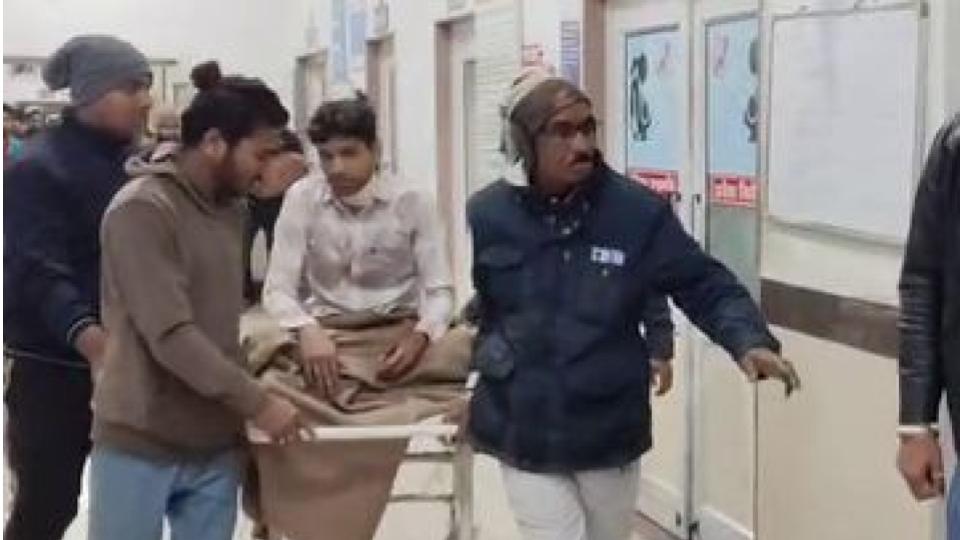
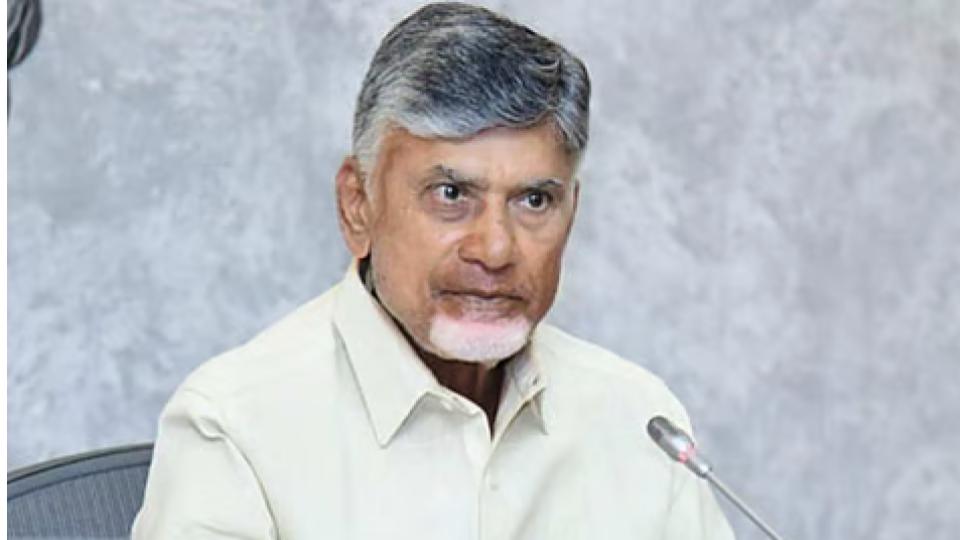
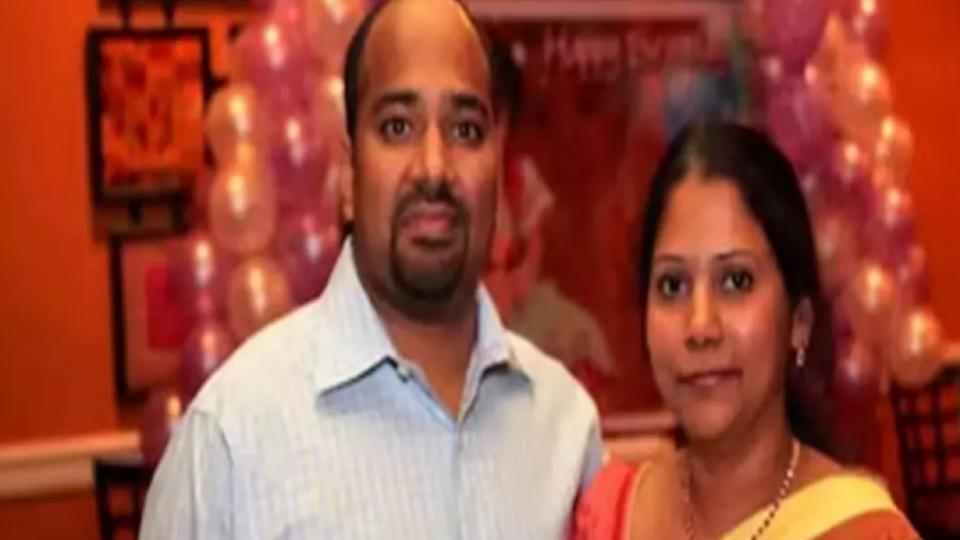

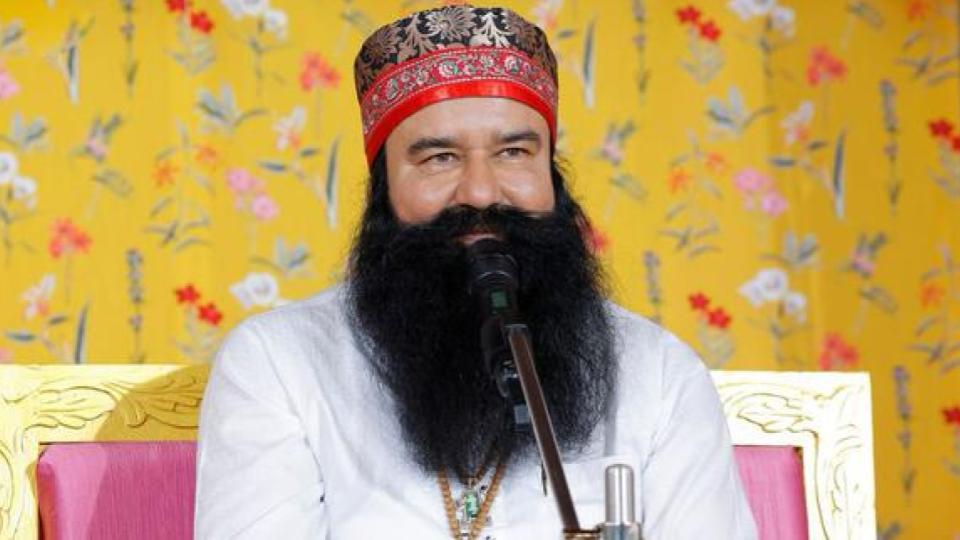


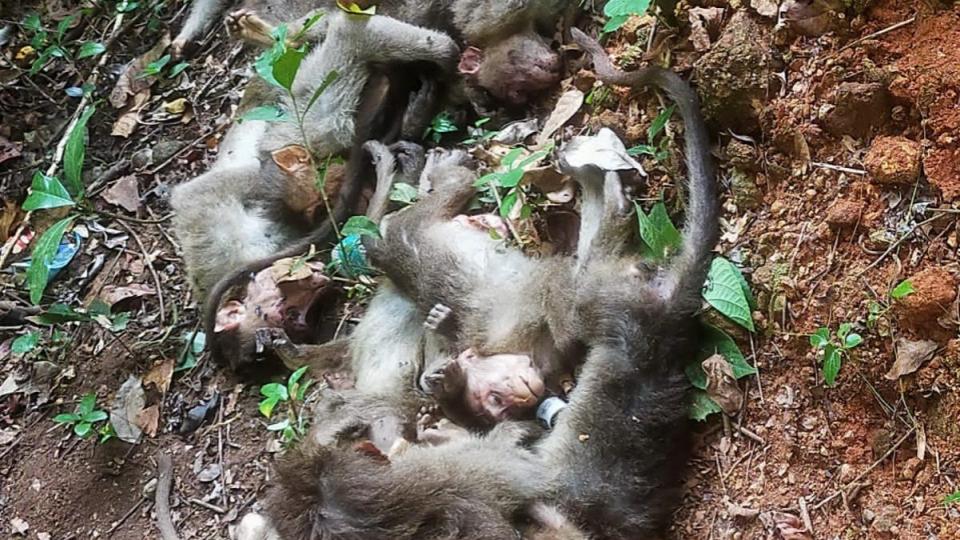




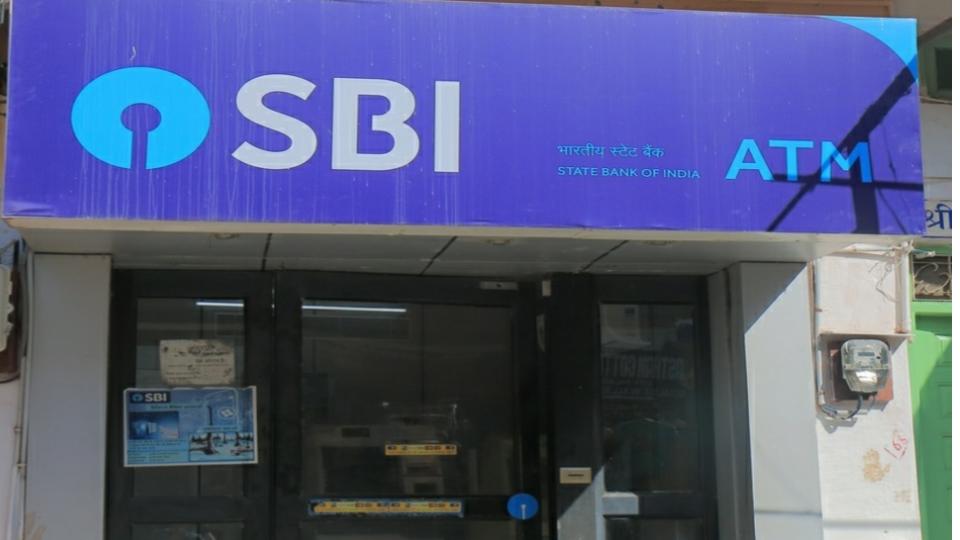

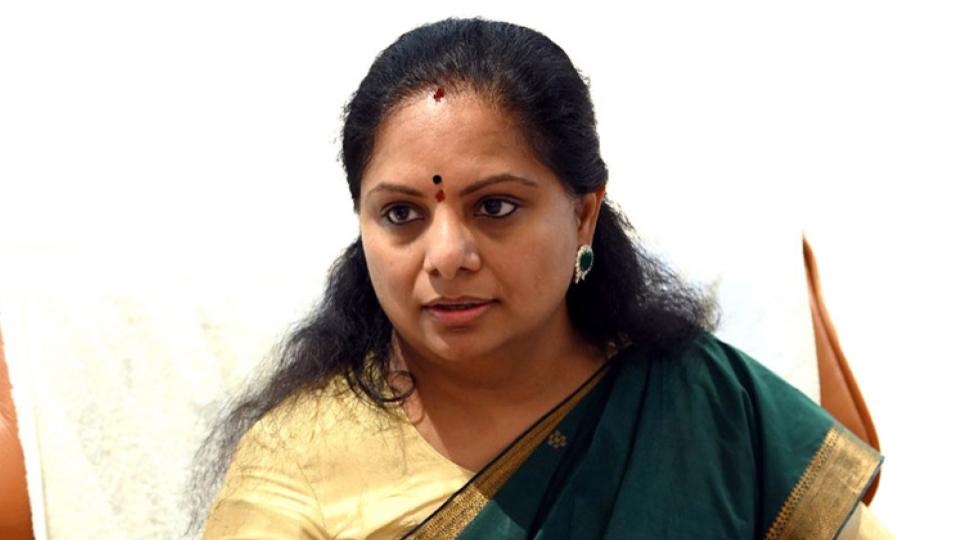
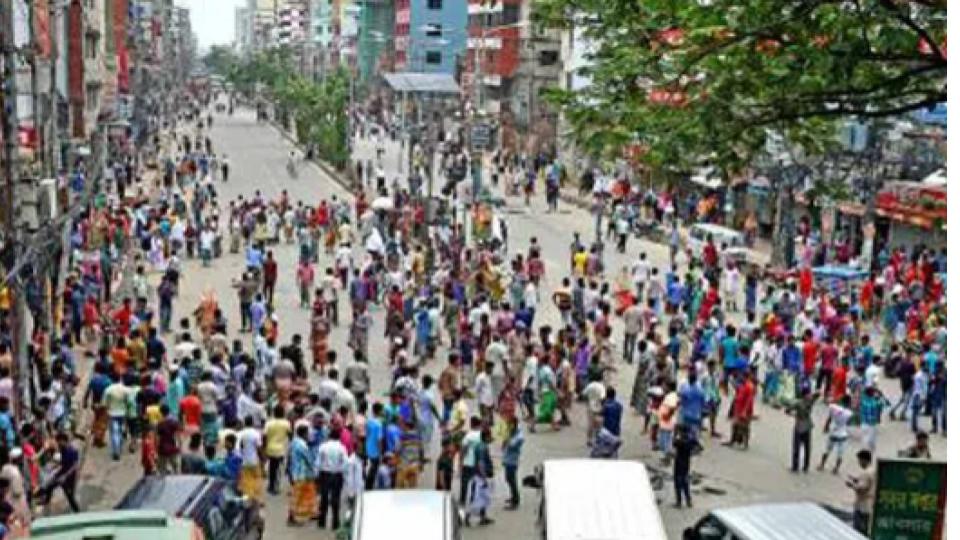







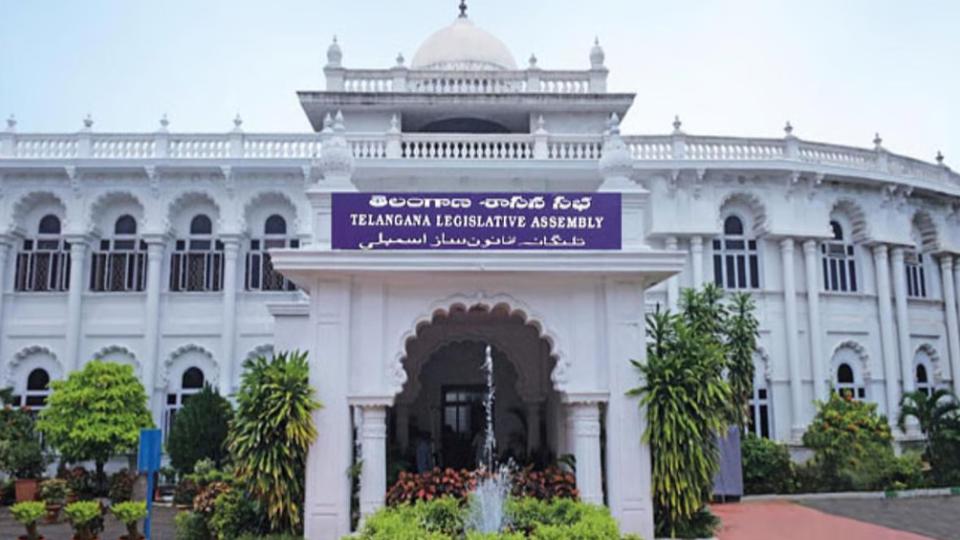












.jpg)
.jpg)
.jpg)


